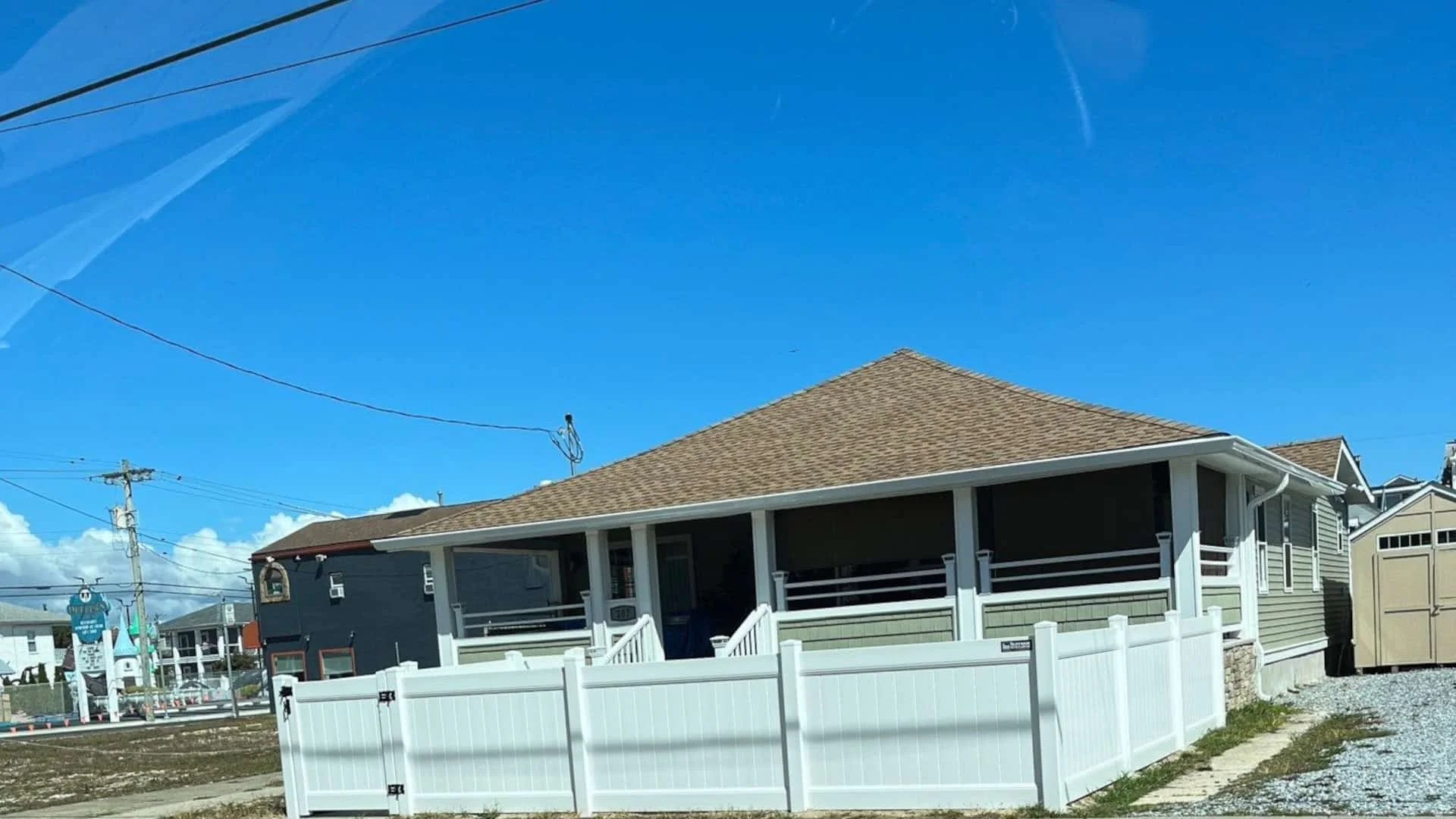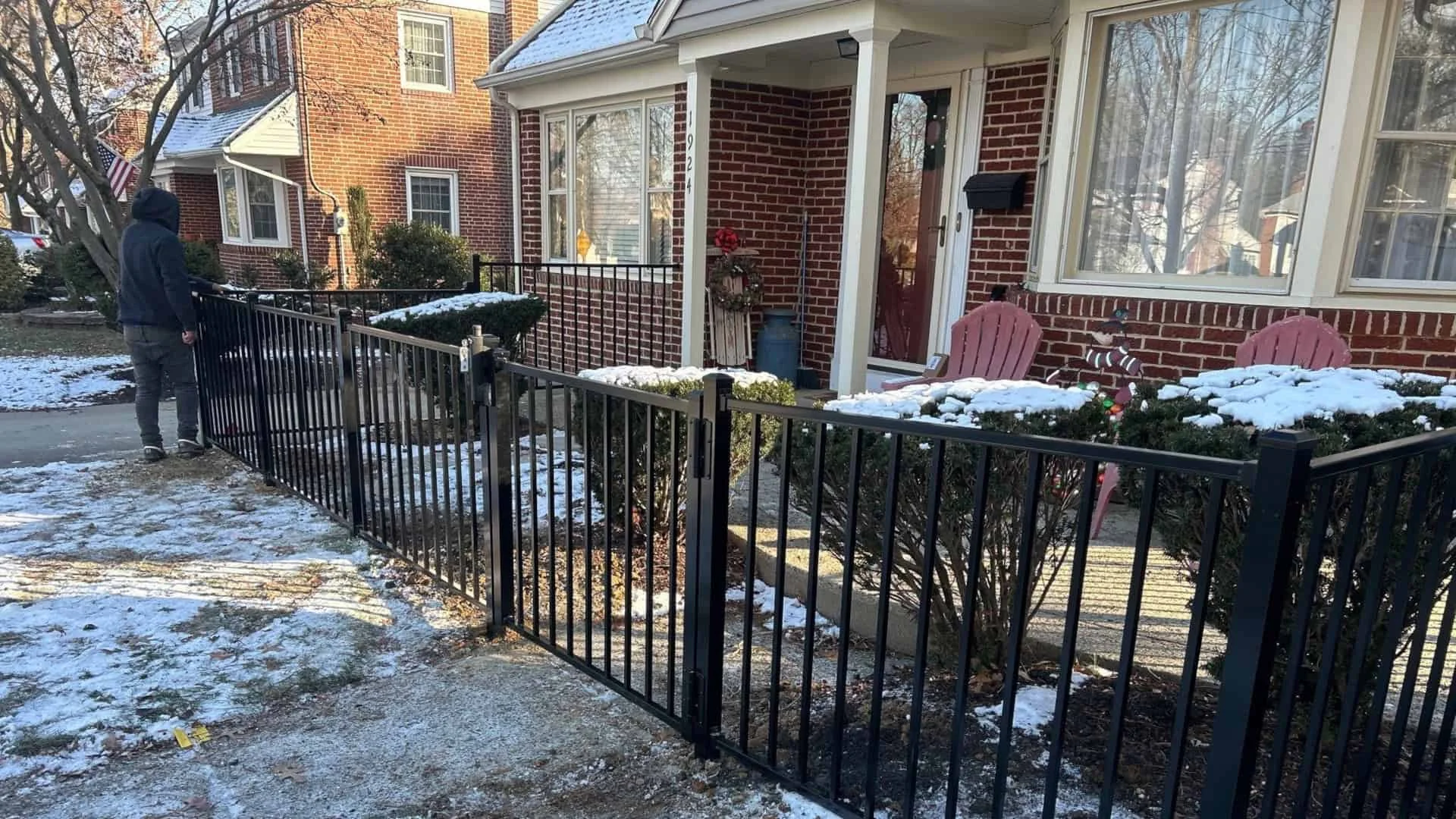

A good fence in the front yard can be more than just providing security and privacy. It can make your home look more stylish and welcoming. Before you get carried away by different design ideas, you must consider the height because it’s important in how your fence looks and functions. However, the appropriate height for front yard fences isn’t just about the appearance and functionality. It’s also about adhering to local regulations.
Local zoning laws often set specific height limits to maintain safety and aesthetics in the neighborhood. Superior Fence & Rail reveals the correct height for a front yard enclosure. Read to the end so you can choose the perfect height.
Choosing the right front yard fence height is crucial for several reasons:
An improperly chosen fence height can cause issues. If your fence is too high, it might block views, making your yard feel closed off. Such a fence could even violate local zoning codes. You don’t want to ignore local fence height codes, which can strain your relationship with neighbors. On the other hand, a fence that’s too short may not provide the security and privacy you need. You want your fence’s height to be just right!
Front yard fence height regulations can vary, depending on your location. However, in urban areas, the height is typically limited to 3 to 4 feet. That helps maintain open views and prevent visual clutter.
A 3-4-foot range can also ensure that fences don’t create a “wall” effect, which can negatively impact traffic visibility in the neighborhood. In rural areas where there’s more space, the legal fence height may be more flexible. The permitted fence height is between 6 and 8 feet for security and privacy.
Local laws will typically dictate how high your front yard fence can go. As mentioned, the height limits can vary from location to location. Cities will often outline where, for what purpose, and how you can install a fence. Many municipalities in the country dictate fence height standards, such as:
Also, towns may mandate property owners to use specific types of materials for different kinds of properties. For instance, suppose you have a corner lot. In that case, you may not be allowed to install a fence higher than three feet due to visibility at intersections. With that in mind, it’s essential to check your local laws and regulations to ensure your fence is compliant.

Different types of fences have different height limitations:
Shorter fences like pickets are ideal for front yards, maintaining open views and curb appeal. But for backyards, privacy-focused solid fences, such as vinyl or wood, may be more appropriate.
Installing a fence in your front yard can affect your neighbors. For this reason, you must approach the process with respect and open communication. As mentioned, choosing the appropriate height for front yard fences isn’t just about aesthetics. It’s also about understanding local regulations and being compliant.
Still unsure what the correct height is for your front yard fence? Consult the professional team at Superior Fence & Rail. We are the top-rated fence company in the country. We have over 20 years of invaluable experience and expertise in the fencing industry. You can count on us to answer all of your fencing questions!
Great Fences Make Great Neighbors!
Your Superior Fence and Rail service team is standing by! Get a fence installation quote today!